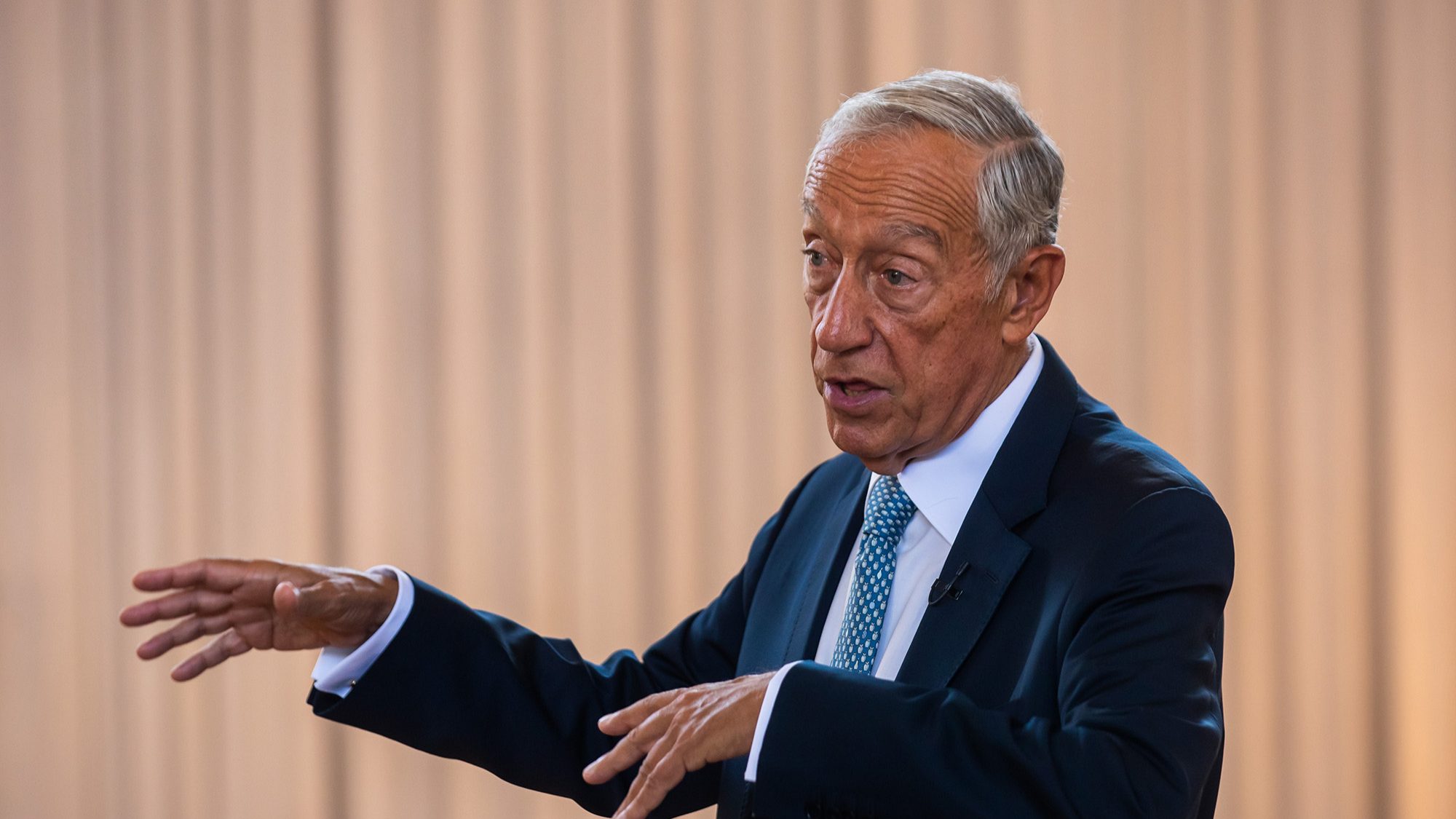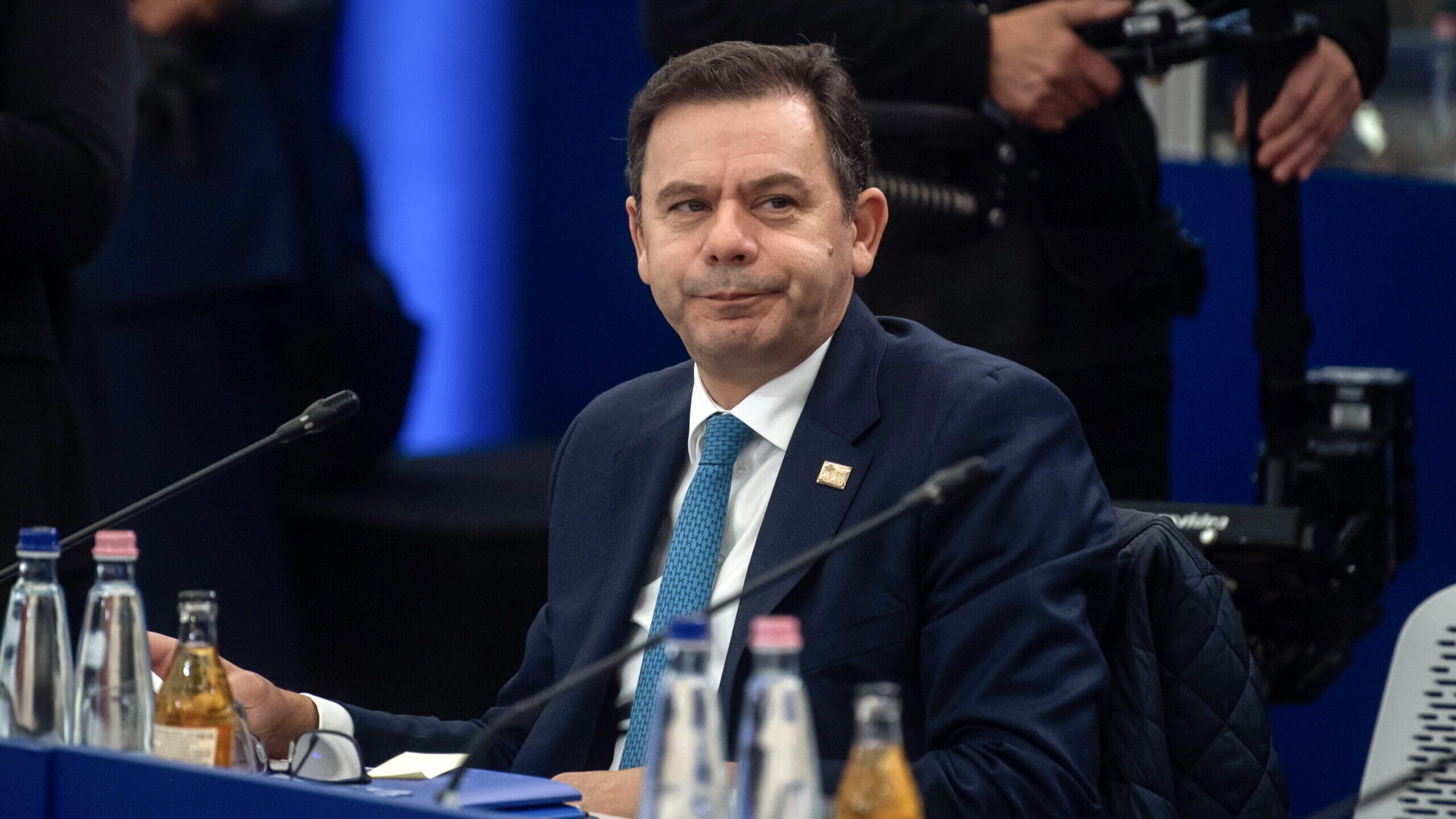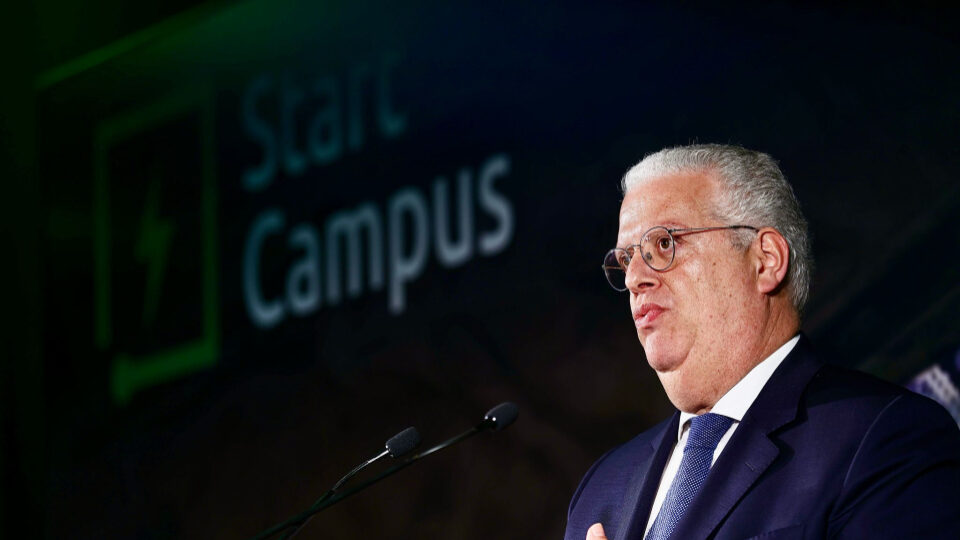Agri-food companies say orders from US are already “slowing” because of Trump’s tariffs
The sector is feeling that the shipment of containers by U.S, buyers is more “restrained". Portugal exports around 250 million euros worth of agri-food products to the country.
The Portuguese agri-food industry is already feeling the bitterness of Trump’s tariffs, with US companies “slowing down orders” in the face of uncertainty about the real impact of the transaction on various products. The sector’s sales to the US are worth 250 million euros.
“Some Portuguese companies are feeling that the shipment of containers by US buyers is more restrained due to this period of great caution and uncertainty”, Deolinda Silva, executive director of PortugalFoods, told ECO, safeguarding that “there is still no talk of contract cuts”.
The PortugalFoods spokeswoman also anticipates that the “global tariff policy, particularly the impact on the European Union (EU), may hit premium products such as wines and spirits first”, while she also “expects an impact on cheeses and olive oil”.
On the other hand, she points out that “with exports to this country expected to fall, companies should continue to diversify markets and look for shorter and more reliable supply chains”. The Portuguese agri-food industry exports to 186 markets, with Spain, France, Italy, the Netherlands and Brazil being the main destinations, accounting for two thirds of all exports.
Of the 250 million euros in exports to the US, wine accounts for around 41% (102 million euros), bakery products and biscuits account for around 11% (23 million euros) and olive oil for around 10% (21 million euros). This is followed by fresh, frozen and dried fish and molluscs, with around 20 million euros in exports, and olives (16.7 million). The remaining 20% is made up of a basket of varied products such as canned fish (especially sardines and tuna), cheeses, coffee and chocolate.
Last Thursday, the Portuguese Prime Minister announced a package of measures to support companies and mitigate the impact of US tariffs, worth ten billion euros. The measures include bank guarantees, credit lines, export credit insurance, unification of policies and increased support for internationalisation projects.
Donald Trump’s announcement of 20% reciprocal tariffs on the EU bloc led to heightened trade tensions. The tariffs have since been suspended for 90 days.
The European Union has also suspended tariffs of 25% on US products for the same period in response to the US tariffs on European steel and aluminium. US reciprocal tariffs of 10% on the EU are still in force.
Portugal continues to attract foreign investment
In recent years, Portugal has been attracting foreign investors. In 2024, foreign direct investment (FDI) in Portugal reached historic levels, with an increase of 19% on the previous year, totalling 13.2 billion euros.
The executive director of PortugalFoods emphasises that “whether in the milk and dairy sector, canned fish, chocolate or pastries and bakery, there has been a growing influx of foreign capital into the industry”.
Deolinda Silva believes that tax and financial incentives, the cost of labour and the skills and qualifications of human resources are the main factors for Portugal to continue consolidating its position as an attractive destination for foreign capital. Not forgetting the technological advances in industry, which “are on a level with the best in the world”.
In the primary sector, the association’s spokeswoman notes that “foreign direct investment has been growing, as a result of the country’s soil and climate conditions for cultures such as almonds, walnuts, olive groves and small fruits, which, combined with the modernisation of [national] production to the level of the most advanced in the world, makes it highly attractive”.



